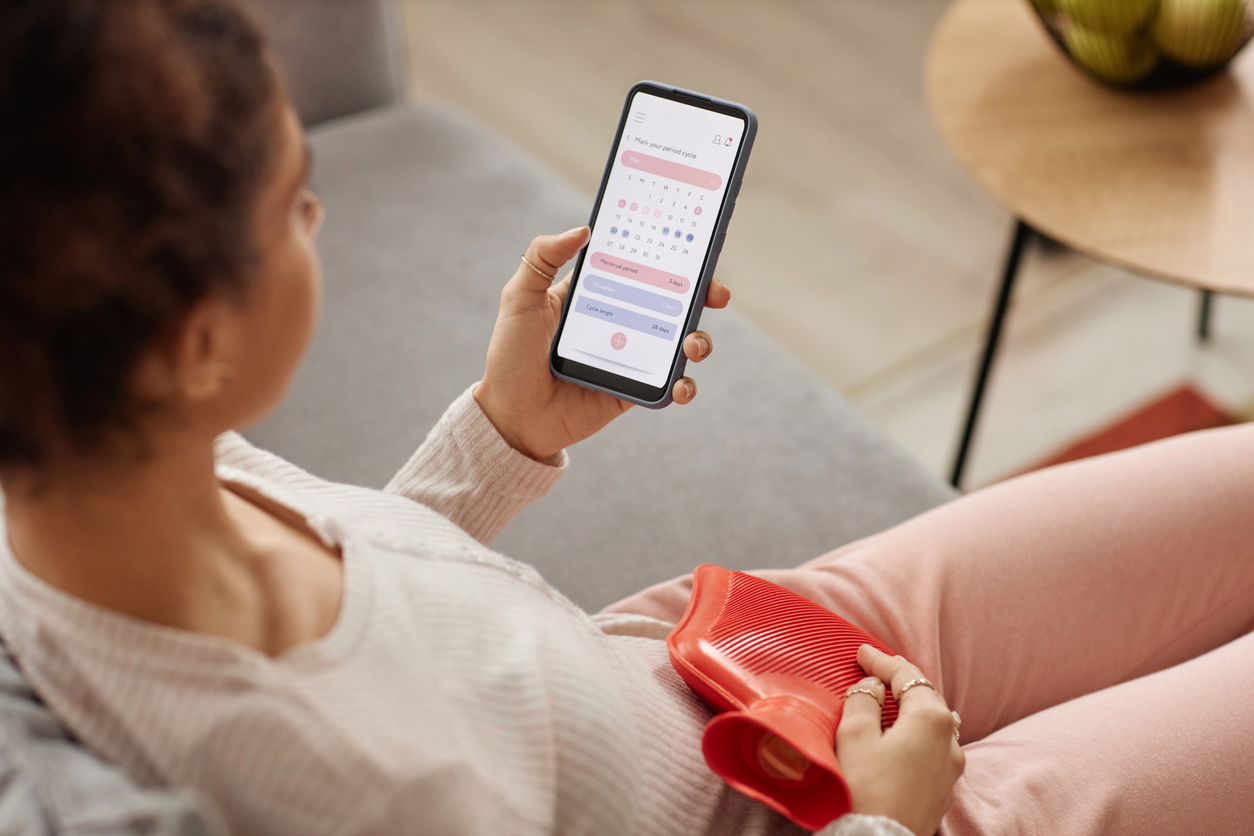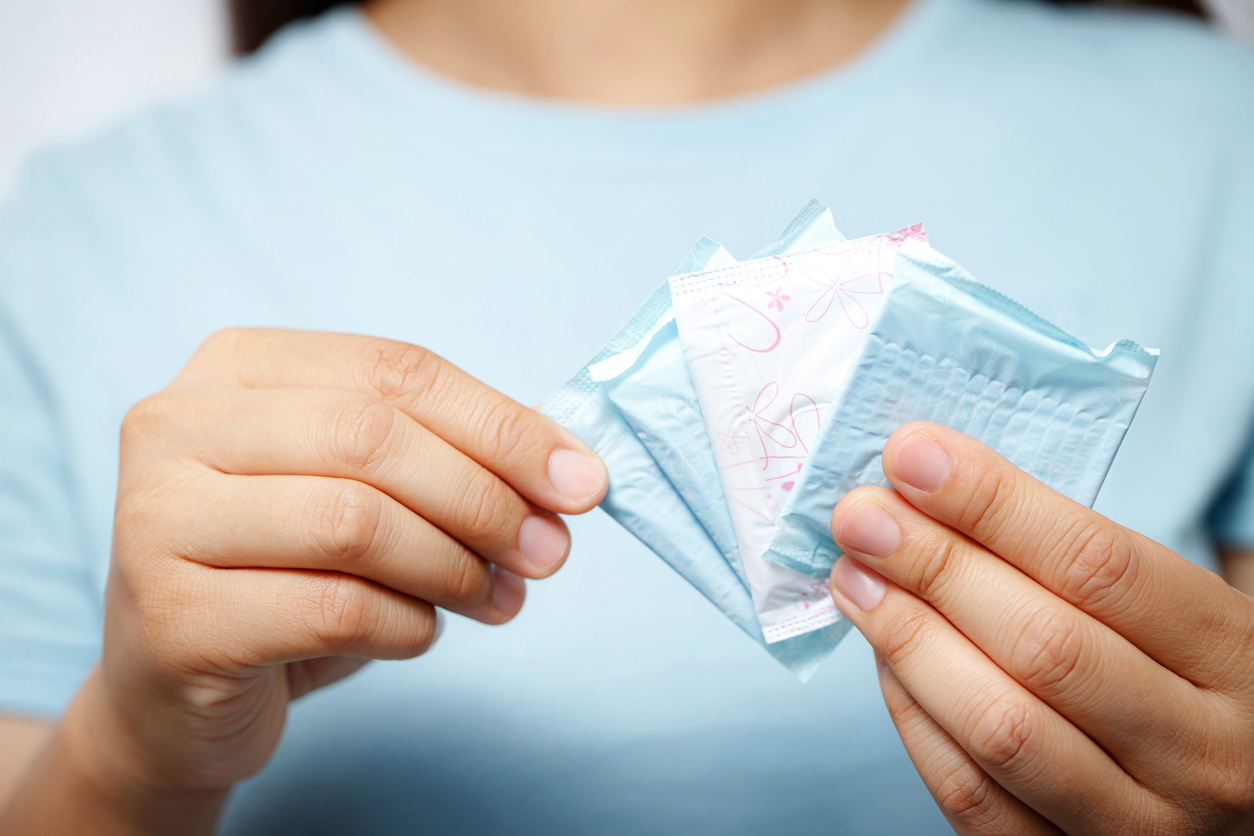Let’s be honest — period sex is a thing. And if you’ve ever wondered if you can get pregnant on your period, you are certainly not alone. The short answer? It’s highly unlikely for most people, but not impossible. Whether you’re trying to conceive, avoid pregnancy, or simply want to understand your body better, knowing how your fertility fluctuates throughout the month can be pretty empowering.

But what does it mean to be fertile, exactly?
Fertility is all about timing — it’s your body’s ability to conceive, which depends on ovulation when a mature egg is released from the ovary. Think of it like a short-lived opportunity: once the egg is out, it only has about 12–24 hours to be fertilized. But sperm can stick around for up to five days, meaning your fertility window actually starts a few days before ovulation.
This timing is key because the best chance of conception happens when sperm are already waiting as the egg is released. In fact, pregnancy is most likely if you have sex in the five days leading up to ovulation or on the day of ovulation itself. Outside of this window, the odds of getting pregnant drop significantly.
How hormones control fertility
To better understand the fertility-awareness method, you first need to recognize how your body’s hormones work together. Your menstrual cycle operates like a well-coordinated team, with key reproductive hormones playing distinct roles to prepare your body for pregnancy — or your period if conception doesn’t happen.
- Follicle-Stimulating Hormone (FSH): Think of FSH as the kickstarter. It helps your ovaries grow follicles, which are like tiny sacs that house your eggs. Without this hormone, the process can’t even begin.
- Luteinizing Hormone (LH): LH is the hormone that sets things into motion — it triggers ovulation, releasing a mature egg from the ovary and giving you your best shot at pregnancy.
- Estrogen: This hormone is like the body’s prep crew, helping to build the uterine lining to create a cozy environment for a potential pregnancy. Estrogen also signals when ovulation is approaching, so you’ll know when to be on the lookout for that fertile window.
- Progesterone: After ovulation, progesterone takes over, working to maintain that thickened uterine lining in case a fertilized egg needs a place to implant. If pregnancy doesn’t occur, progesterone drops, leading to your period.
The way these hormones interact determines when you're most fertile and when your chances are lower — giving you a better picture of what's happening throughout your cycle.

So, when are you most and least fertile?
Ovulation: The fertile window
Ovulation typically happens around day 14 of a 28-day cycle, though everyone’s cycle is different. Research shows that your fertility is highest in the two days before ovulation and the day of ovulation itself. If you're trying to conceive, this is your golden window for unprotected sex. But if you're trying to avoid pregnancy, this is the time to be extra cautious.
Menstruation: A low-fertility phase
It’s a common belief that you can get pregnant while on your period, but that’s not really the case for most people. A study published in Contraception found that the chances of conceiving during menstruation are very low. That’s because ovulation is still a week or more away, and your body isn’t in a fertile state yet.
That said, there are always exceptions. If you have a shorter cycle (like 21–24 days), you might ovulate earlier, and since sperm can live for up to five days, having unprotected sex toward the end of your period could result in pregnancy. This is why getting to know your cycle length is so important.
Common myths about fertility and your period
Myth: You’re more fertile during your period.
This is one of the most common myths, but it’s not true. It’s probably because some people confuse mid-cycle spotting (which can happen around ovulation) with their period. Plus, while sperm can live up to five days in your reproductive tract, fertilization only happens if ovulation occurs soon after your period ends.

Tracking your cycle for better understanding
To really get a handle on your fertility, cycle tracking can be a game-changer. Some popular methods include:
- Basal body temperature (BBT) Tracking: Your body temperature rises slightly after ovulation due to the hormone progesterone. By taking your temperature every morning before getting out of bed and tracking it over time, you can identify when you’ve ovulated. This method requires consistency and patience, but it’s a great way to confirm ovulation after it happens.
- Cervical mucus monitoring: Your cervical mucus changes throughout your cycle, and it becomes more abundant and stretchy when you’re most fertile — similar to the texture of raw egg whites. This change signals that ovulation is near, aiding you in better predicting your fertile window and identifying the best time for conception.
- Ovulation predictor kits (OPKs): OPKs work by detecting a surge in luteinizing hormone (LH), which occurs right before ovulation. These kits can be used daily to pinpoint the peak of your fertile window, making them especially helpful if you want to time intercourse with the hopes of getting pregnant.
If you’re unsure of the most reliable option, research shows that combining these methods can actually help you predict ovulation with even greater confidence.

Making informed choices
When it comes to planning a pregnancy (or avoiding one), understanding your fertility can make a big difference. If you're trying to conceive, knowing your fertile window will boost your chances. If you’re trying to avoid pregnancy, be sure to use additional contraception for the most reliable protection.
Since every woman’s cycle is unique, it’s always a good idea to talk to your healthcare provider if you have concerns about irregular cycles, fertility, or birth control options. By learning your body’s natural rhythms, you can take charge of your reproductive health and make informed decisions that align with your personal goals.
Kristyn Hodgdon is the Co-Founder and Chief Creative Officer at Rescripted and host of From First Period To Last Period.








.webp)










